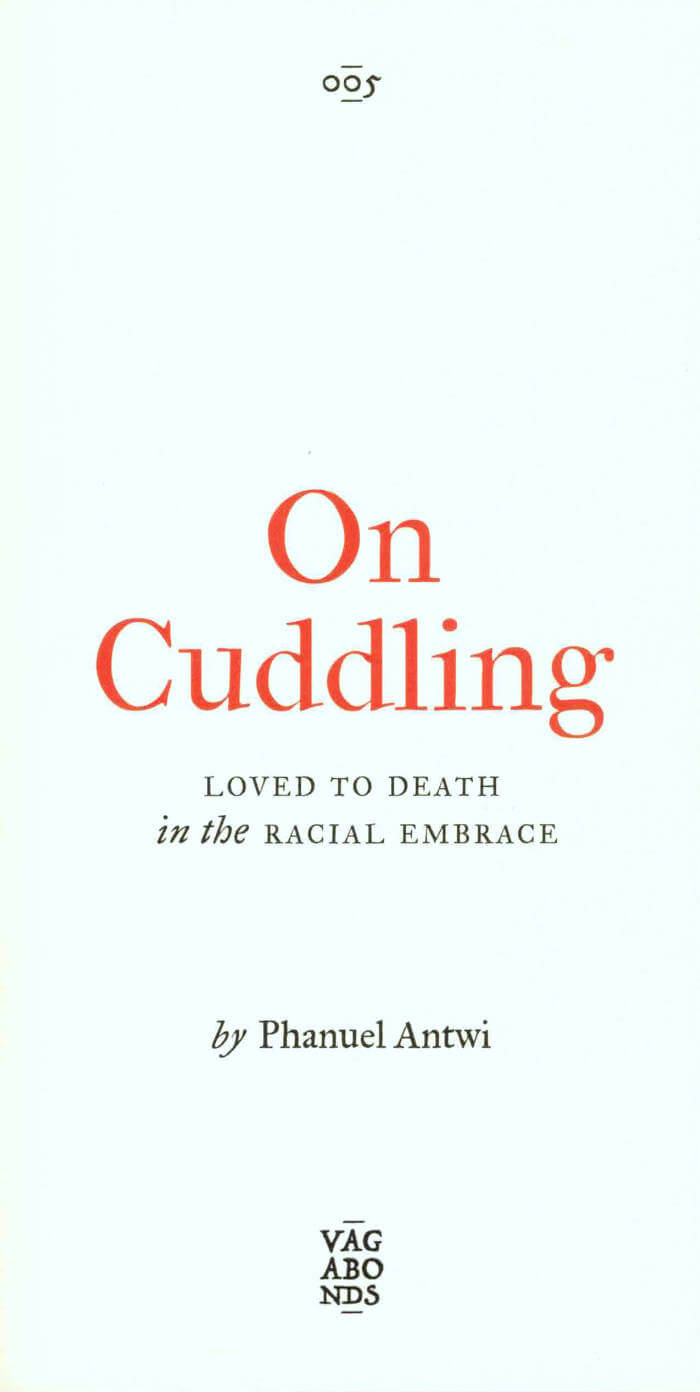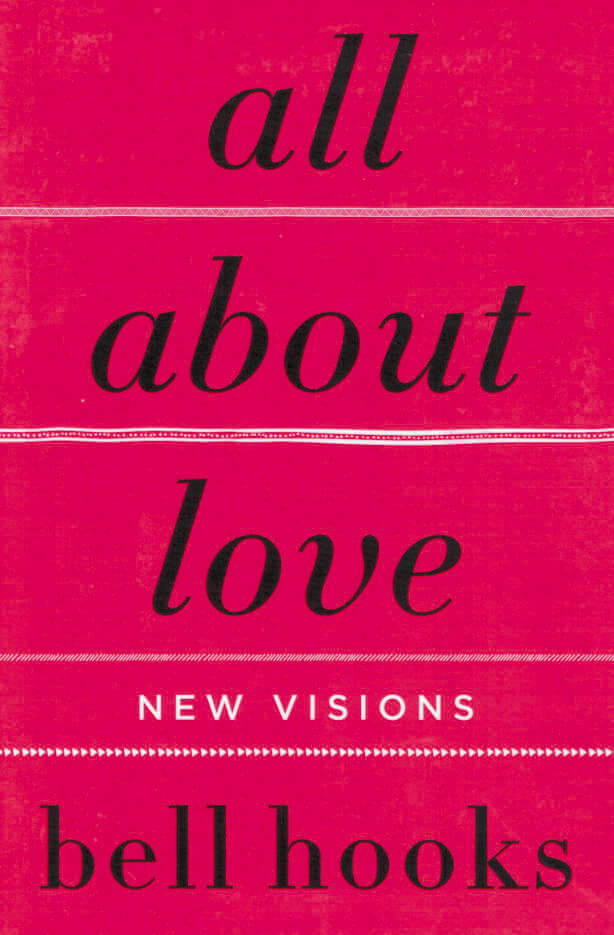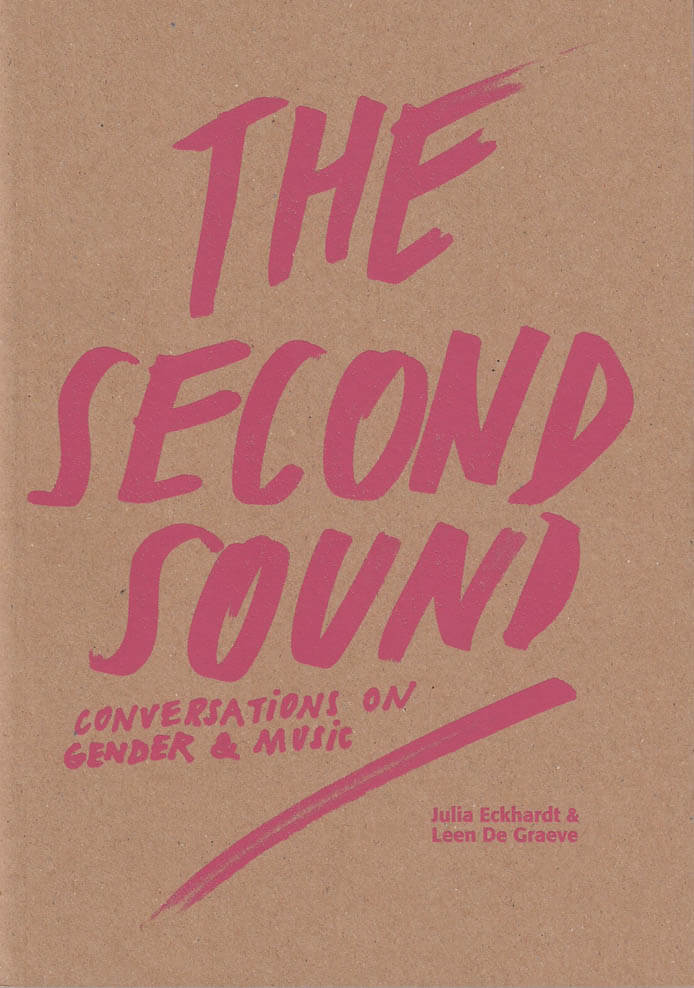
On Cuddling: Loved to Death in the Racial Embrace
Ranging from the terrifying embrace of the slave ship's hold to the racist encoding of 'cuddly' toys, On Cuddling is a unique combination of essay and poetry that contends with the way racial violence is enacted through intimacy.
Informed by Black feminist and queer poetics, Phanuel Antwi focuses his lens on the suffering of Black people at the hands of state violence and racial capitalism. As radical movements grow to advance Black liberation, so too must our ways of understanding how racial capitalism embraces us all. Antwi turns to cuddling, an act we imagine as devoid of violence, and explores it as a tense transfer point of power.
Through archival documents and multiple genres of writing, it becomes clear that the racial violence of the state and economy has always been about the (mis)management of intimacies, and we should face it with resistance and solidarity.
Phanuel Antwi is Canada Research Chair in Black Arts and Epistemologies. He is an artist, teacher and organiser concerned with race, poetics, movements, intimacy and struggle. He works with text, dance, film and photography to intervene in artistic, academic and public spaces. He is a curator, activist and associate professor at the University of British Columbia.







